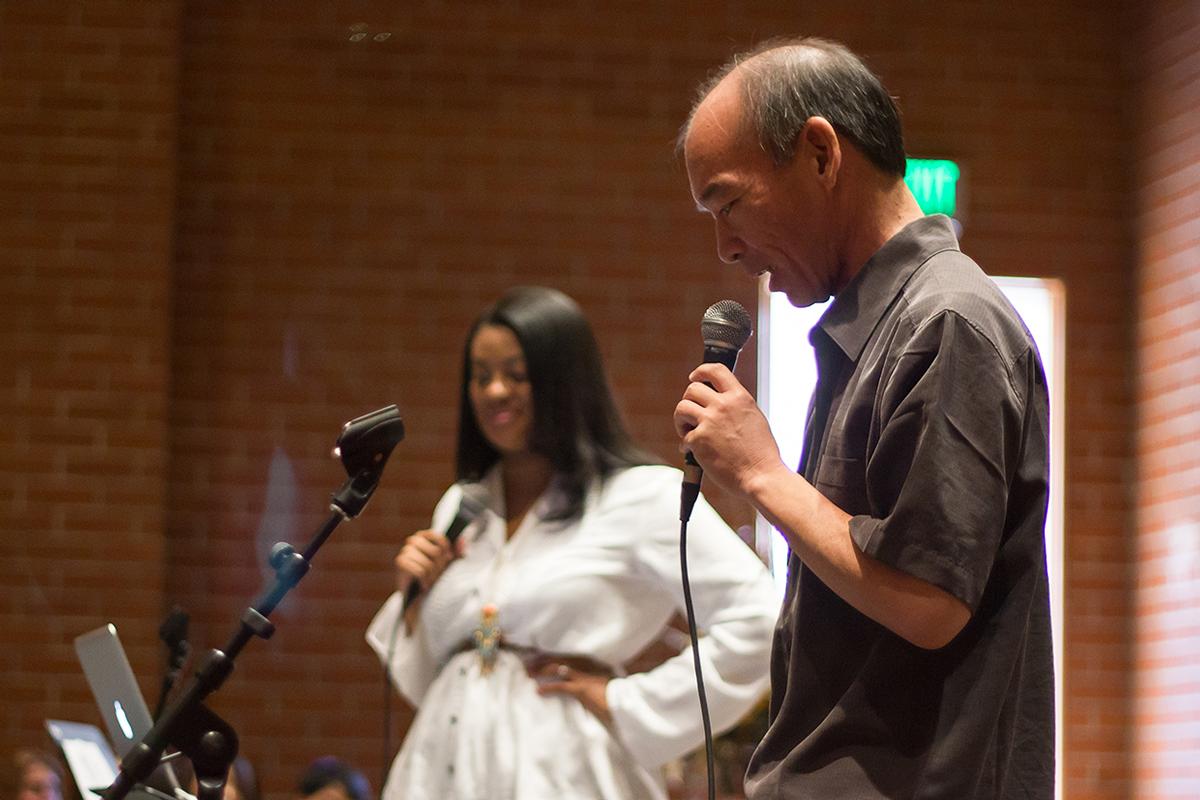“You are so beautiful, why are you still single?” Does this sound like a compliment?
Certainly not. It may start off as a compliment, but ends with a question that may be hurtful to others.
How about the question, “what ARE you? where are you from?” This also can be presented in a negative way that may hurt others.
These are examples of microaggressions listed by Tamra Malone as she spoke about how we can interact and communicate with one another more effectively. Microaggressions are brief and commonplace daily verbal, behavioral, or environmental indignities, whether intentional or unintentional, that communicate hostile, derogatory, or negative racial slights and insults towards people of color, Malone explained.
It is very challenging for many of us to engage with a person who thinks, interacts and communicates differently. Coming from different backgrounds and cultures, many of us tend to step back from approaching someone different from us. In order to overcome this challenge, Glen Kinoshita and Tamra Malone spoke on the common challenges we encounter daily interacting and relating to one another at Biola.
Kinoshita began by having the audiences interact with one another by pointing out the diversity at Biola University. Everyone comes from different cultures and backgrounds, which shows that everyone needs to learn and practice cultural humility. Not only do we need an understanding of another’s culture, but understanding our own culture is vital. Especially as ambassadors of Christ, we need to discern where microaggression stands and reconcile with different people of different cultures. Conversations should be made stronger with humility and respect in order to connect with others. We all need to practice and put on the posture of humility to relate to fellow brothers and sisters.
As a conclusion, the concept of shalom was given.
“In the Bible Shalom means universal flourishing, wholeness, and delight—a rich state of affairs in which natural needs are satisfied and natural gifts fruitfully employed, all under the arch of God’s love,” Kinoshita said.
This is the way it should be—how the kingdom of God should function. “As Christians, we are called to thrive- in order to influence and motivate others to thrive,” Kinoshita concluded. We all need to engage in relating to one another in order to move forward in God’s kingdom.










